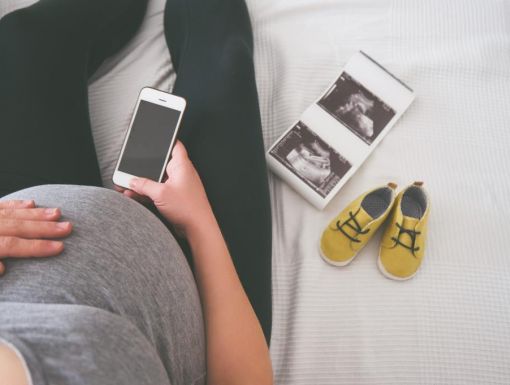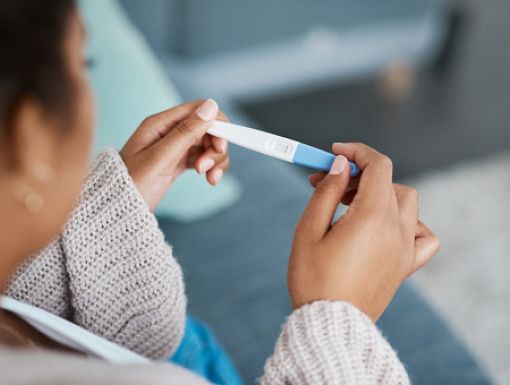
What Are the Top Signs and Symptoms to Know if I Am Pregnant?
Being pregnant can be an exciting time. You are about to welcome new life into the world and your family. Just as it is exciting, pregnancy can also be nerve-wracking, as life as you know it is about to change. As a new parent, you will now be responsible for another human life and may not know what to expect. As a woman who may be pregnant for the first time, you may not even understand the symptoms or early signs of pregnancy.
The American College of Obstetricians and Gynecologists cites peak childbearing years from the late teens to late 20s. It becomes more challenging to get pregnant as women age. Once a woman reaches 45 years old, pregnancy naturally can be difficult due to a decline in fertility. You may be surprised to know 50% of all pregnancies in the United States are unplanned, according to the Centers for Disease Control and Convention.
Each woman experiences pregnancy differently, and women experience various symptoms throughout pregnancy, some ranging from standard to uncommon.
Perhaps the most common and known sign of pregnancy is a missed period. You may not experience symptoms during the first few weeks of pregnancy, while others may experience symptoms or even feel pregnant days after conception. A missed period is not a sure way to know you are pregnant because other medical factors can cause an irregular menstrual cycle. Another common symptom is fatigue. Usually, when in early pregnancy, women experience an increase in hormones. An increase in the hormone progesterone can result in a lack of energy or sleepiness.
Change is an overarching theme during pregnancy and usually begins earlier, especially regarding women’s bodies. With the increase in hormones that comes with pregnancy, breasts may feel tender or sore, which may feel uncomfortable and can last until your body adjust to the hormones. Another hormonal side effect is breasts will increase in size throughout pregnancy, and sore and swollen breasts are common symptoms of early pregnancy.
Nausea and vomiting, commonly referred to as morning sickness, are experienced at any time during the day during early pregnancy. With morning sickness, nausea and vomiting usually occur within the first nine weeks of pregnancy, while some women may not experience morning sickness at all. According to the American Congress of Obstetricians and Gynecologist, nausea and vomiting can last for several weeks or months and stop by 14 weeks of pregnancy for some women. It’s important to be mindful of hydration if you experience vomiting while pregnant.
Our kidneys work to remove waste by filtering our blood, and this waste exits the body through urination. When pregnant, women have an increase in blood which results in women experiencing frequent urination—another symptom of pregnancy. The increase in blood and hormonal changes can also cause any acne or skin changes expectant mothers may experience.
Women tend to experience various symptoms in the early stages of pregnancy and throughout the entire 40 weeks. When pregnant, it is not unusual to experience mood swings. Hormones such as estrogen and progesterone can affect the brain, causing highs and lows. It is normal to feel completely fine one minute or down the next. Sometimes headaches, dizziness or a sensation of lightheadedness can be experienced early on during pregnancy. These symptoms, like most, are attributed to hormonal changes and an increase of blood in the body.
Expectant mothers may have various food cravings or even aversion or distaste for some foods. Early on in pregnancy, it is not usual for mothers to feel hungry or crave certain foods. Cravings and food aversions may be consistent throughout pregnancy. It may be a little odd because some food previously enjoyed may be surprisingly disgusting to an expectant mother.
The surge in hormones may make expectant mothers feel bloated. Early on in pregnancy, women may experience light bleeding. This can be referred implantation bleed and happens 10-14 days following conception when the fertilized egg latches to the lining of the uterus. Another physical symptom of early pregnancy women can experience is backaches, especially in the lower back. Backaches are more commonly experienced around 27-34 weeks.
Even with the knowledge of the early symptoms or signs of pregnancy, the best way to confirm and know if you are pregnant is to take a pregnancy test. If positive, contact your OBGYN to schedule an appointment to confirm the pregnancy and begin prenatal care.
Schedule an appointment and learn more about Dr. Wyeth Lawson.



